What does it mean to “mother” from another country? Aleena brings to our attention the ways in which migrant women’s self-narratives throw light on their relationships with their children, family, and home.
Read more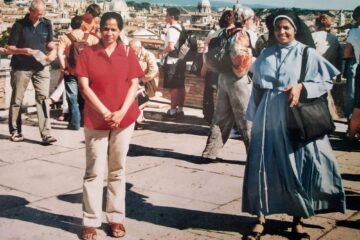
A Kerala Studies Blog

What does it mean to “mother” from another country? Aleena brings to our attention the ways in which migrant women’s self-narratives throw light on their relationships with their children, family, and home.
Read more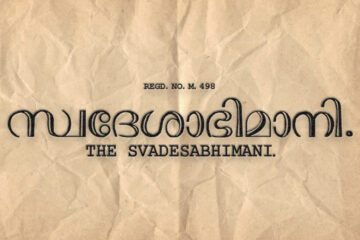
Editorials about women in public theatre in The Svadeshabhimani give us important clues about am emerging caste-gender order.
Read more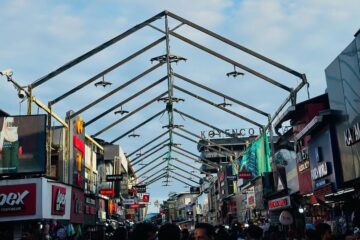
Chance brought together Deepti and Anjana, two researchers from different universities and backgrounds conducting fieldwork in Kozhikode. In a two-part reflective piece, they write about how their shadowing each other during fieldwork resulted in friendship, but also the intellectual quest of reading their field sites in a new light.
Read more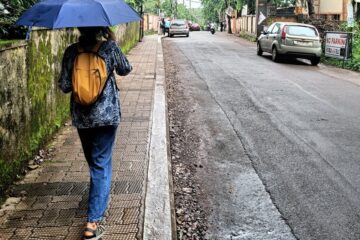
Chance brought together Deepti and Anjana, two researchers from different universities and backgrounds conducting fieldwork in Kozhikode. In a two-part reflective piece, they write about how their shadowing each other during fieldwork resulted in friendship, but also the intellectual quest of reading their field sites in a new light.
Read more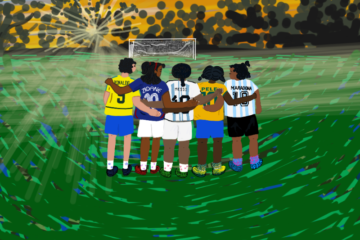
In this reflective account on the women’s football in Kerala, Amritha shares her uneasy feelings around the less visible Kerala Women’s League.
Read more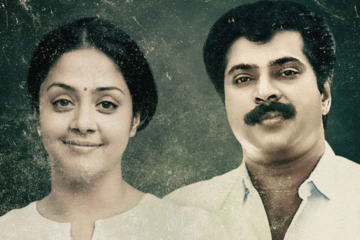
The recently released film, Kaathal, has ignited public discussions of gender and sexuality in Kerala. But to what extent does it subvert Kerala’s norms around family, caste, and class? Sandra Elizabeth Joseph reflects.
Read more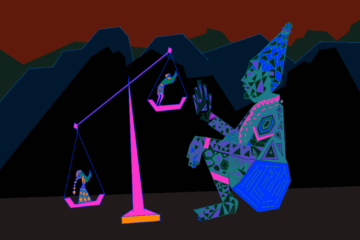
In anticipation of Deepa Das Acevedo’s forthcoming book, The Battle for Sabarimala: Religion, Law, and Gender in Contemporary India (Oxford University Press, forthcoming), Ala spoke to Deepa about the nuances of the case, and the meeting of the old and the new in this heavily mediatised legal battle for women’s entry into a temple.
Read more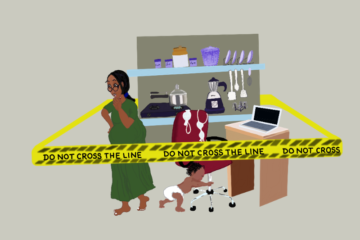
At a time when working from home, adopted at the height of the pandemic, is being presented as offering added flexibility for women in the workplace, G S Divya delves into the lived experiences of Malayali women in the IT sector to examine the patriarchal implications of ‘work-from-home’.
Read more
As thousands of middle-class Malayali women migrate to cities outside Kerala, Ashwathy provides an intimate portrait of how they might negotiate questions of home, belonging, and anonymity.
Read more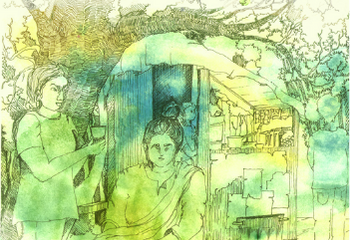
Accompanied by original sketches, Gaya Hadiya shares her experiences of chayakkadas in Kerala, highlighting how they reflect the gender, caste and class relations in the region.
Read more